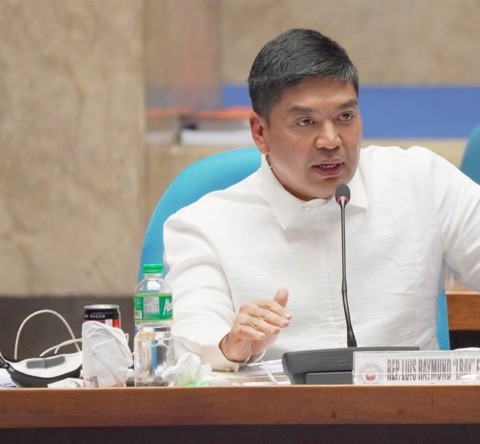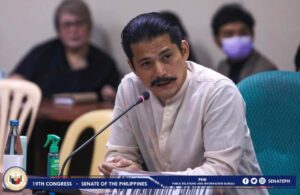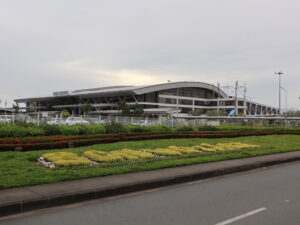Umaasa ang isang mambabatas na sapat nang dahilan para makumbinsi ang mga senador na pagtibayin na ang Economic
Charter Change sa naitalang dalawang taong pagbaba sa foreign direct investment (FDI) sa Pilipinas.
Ayon kay Camarines Sur Representative LRay Villafuerte, bagamat nakabawi na ang ekonomiya ng bansa mula sa epekto ng COVID-19 pandemic ay mababa naman ang FDI inflow ng bansa.
“For over a decade before the pandemic, the Philippines had struggled with anemic FDI inflows despite its investment-grade ratings and enviable status as one of Asia’s economic stars. Fast forward to the post-COVID period and our country, despite emerging as the fastest-growing economy in the region, remains stuck with scanty inbound investments when compared to those streaming to our neighbors,” paliwanag nito.
Ayon sa Bangko Sentral ng Pilipinas (BSP) ang FDI inflow ng bansa ay bumagsak ng 6.6% o naging $8.9-billion US dollars noong 2023, mas mababa sa $9.5-billion US dollars noong 2022, at sa $10.5-billion US dollars noong 2021.
Para sa mambabatas, isa itong matibay na ebidensya na kailangan nang aprubahan ang amyenda sa economic provisions ng Konstitusyon upang dumami ang mga dayuhang pamumuhunan.
Inaasahang aaprubahan ng Kamara ang Resolution of Both Houses No. 7 sa ikatlo at huling pagbasa bago mag-adjourn ang sesyon ng Kongreso sa Miyerkules para sa Holy Week break.
Habang dinidinig pa rin ng Senate Sub-Committee ang RBH-6 na siyang bersyon naman ng Senado.
Partikular na nais amyendahan ng RBH-6 at 7 ang Article 12, 14, at 16 ng 1987 Constitution.
“And hopefully the tipping point to impel our senators to green light RBH 6 after the Lenten break of the Congress, to let the Philippines keep up with, or even overtake, our neighbors in attracting a far-up level of investments that would turbocharge our economy, create a lot of jobs and ameliorate the living standards of our people,” giit ni Villafuerte. | ulat ni Kathleen Jean Forbes




